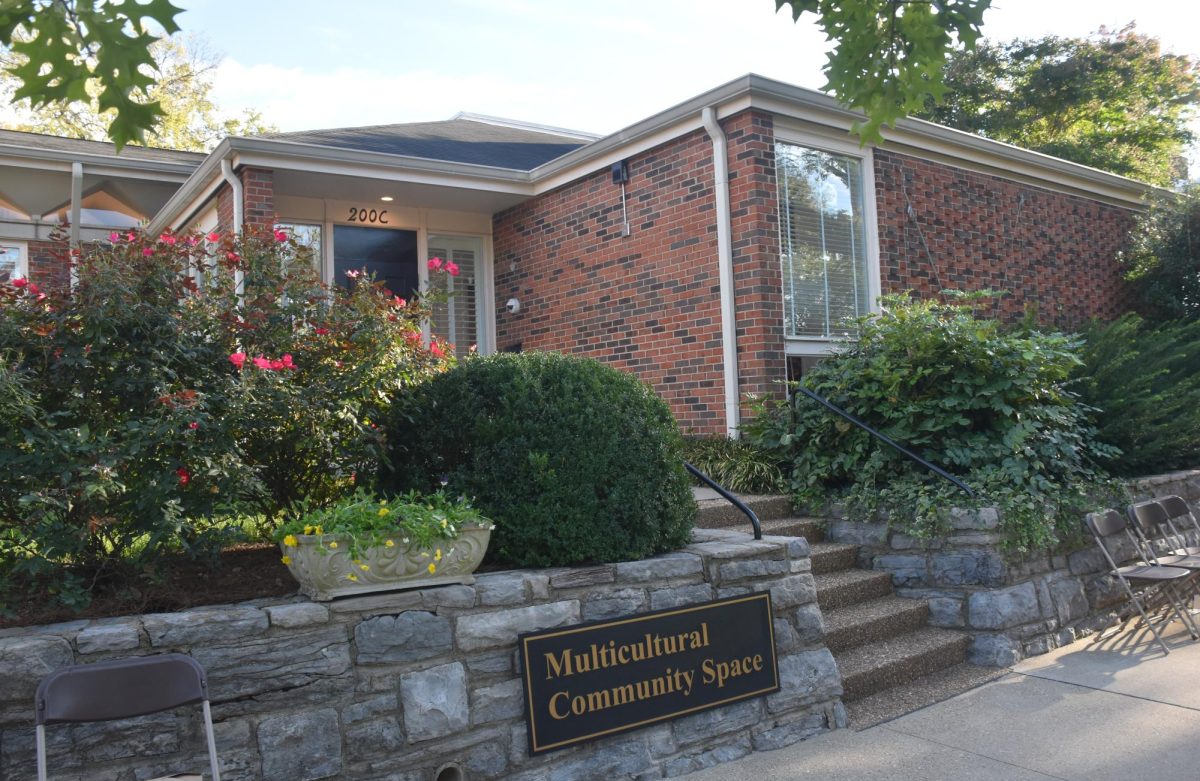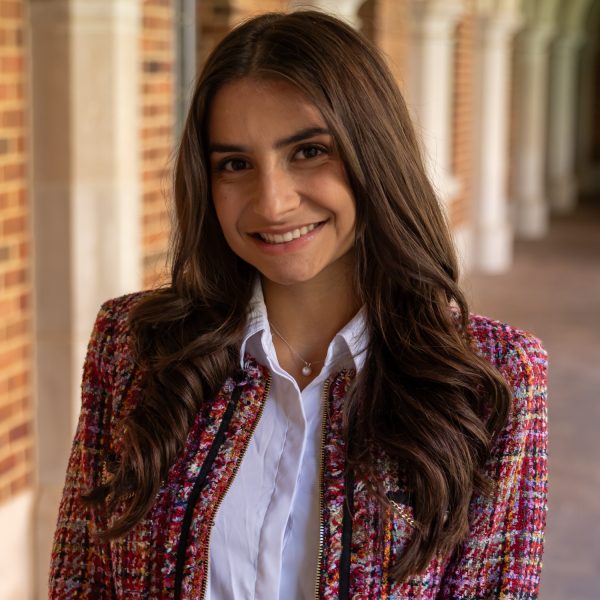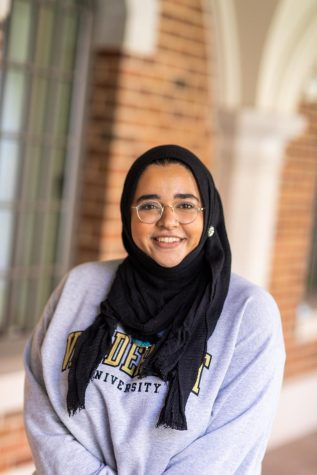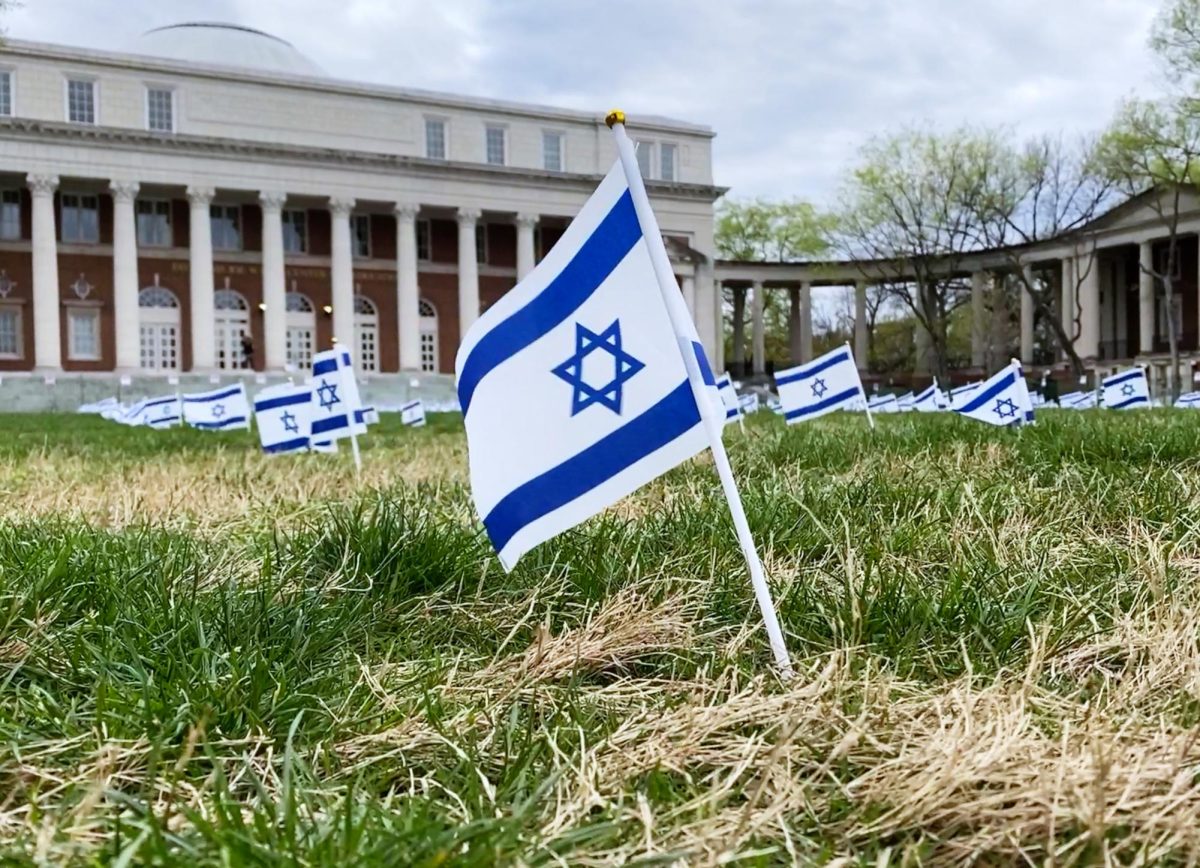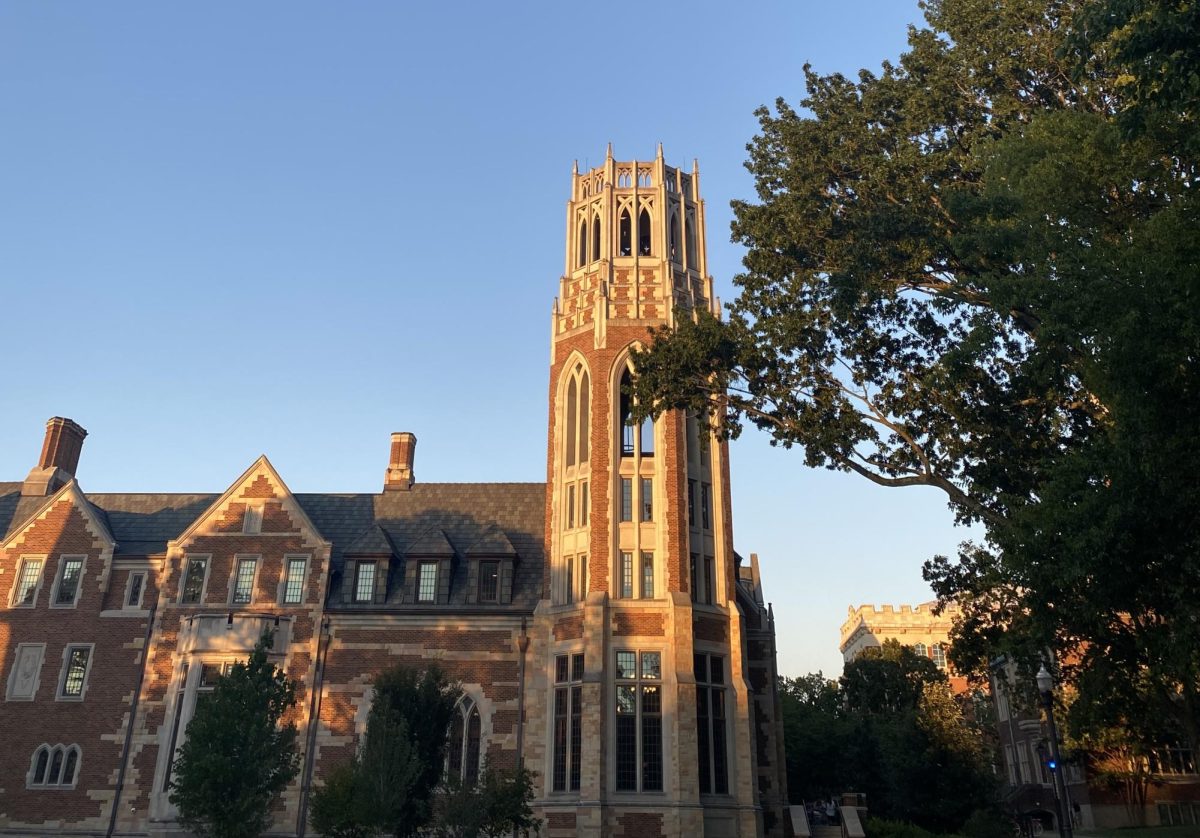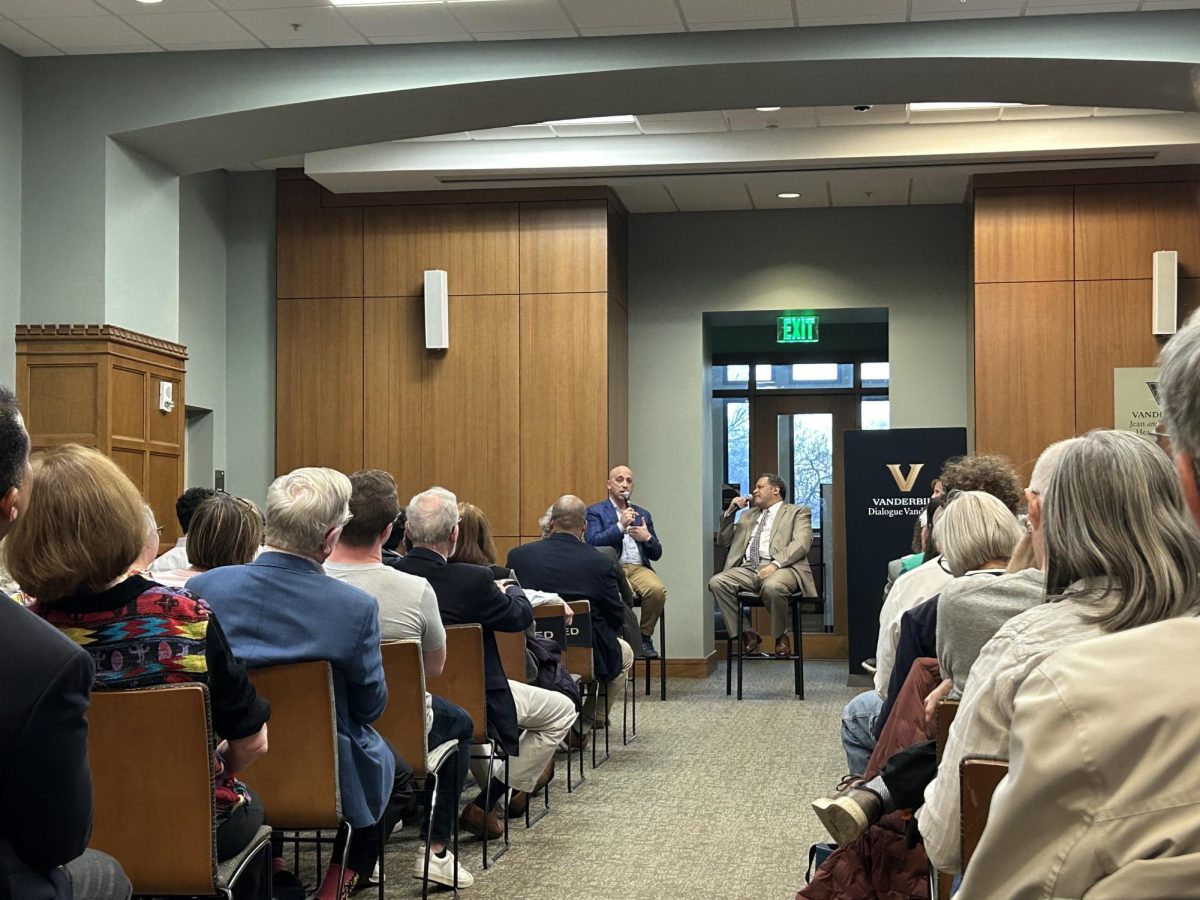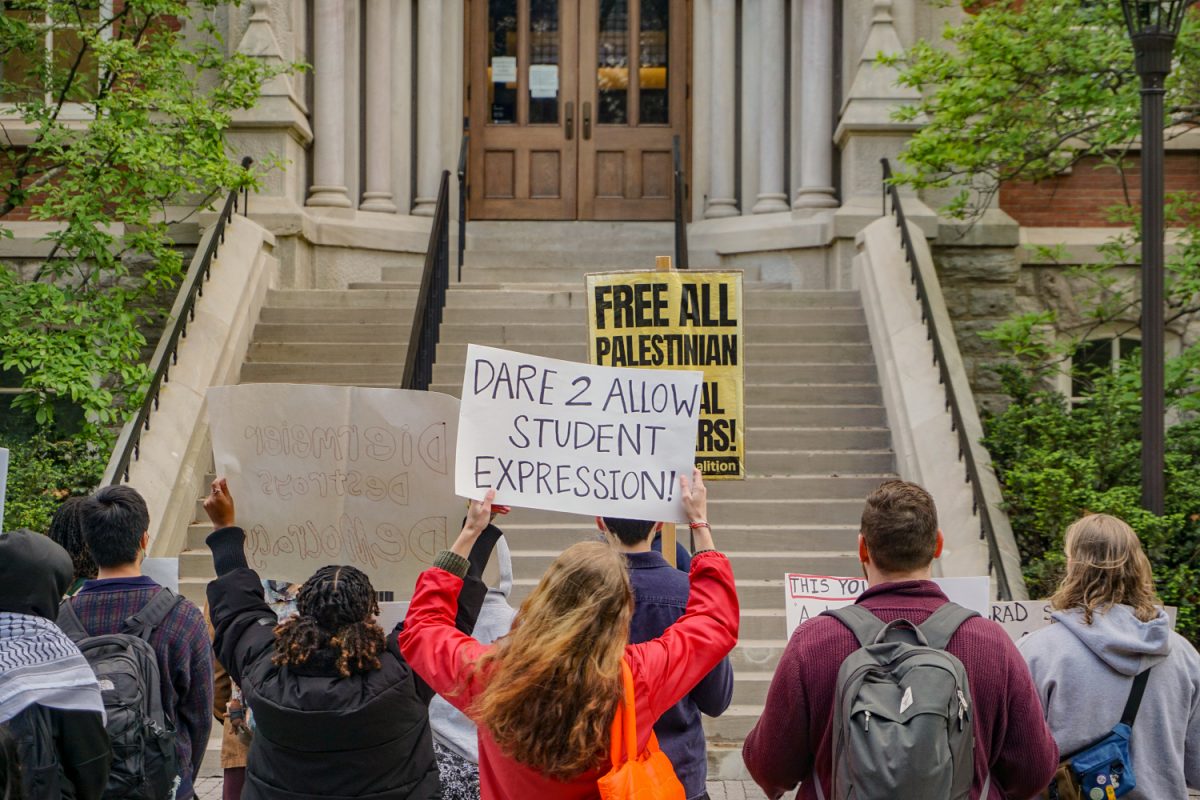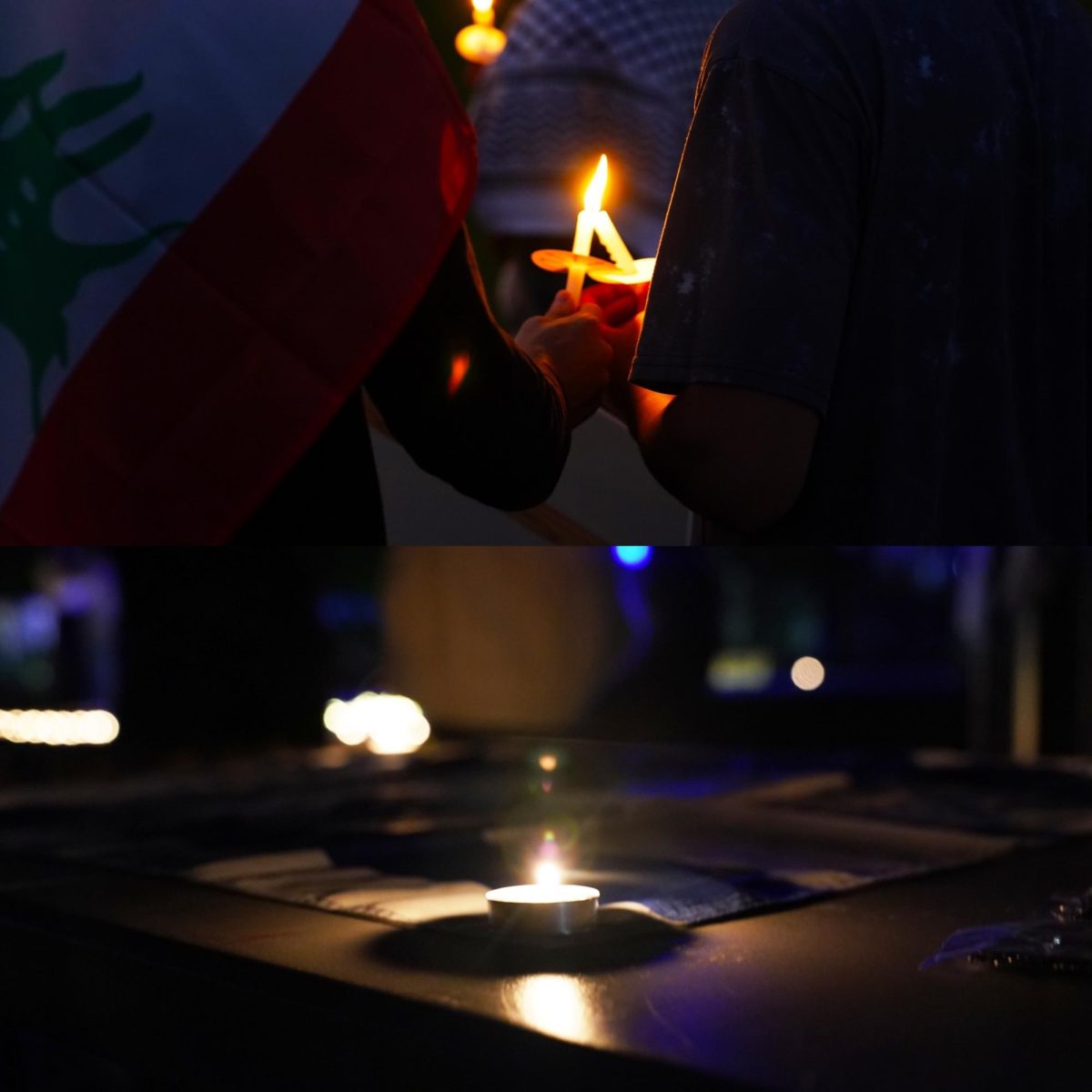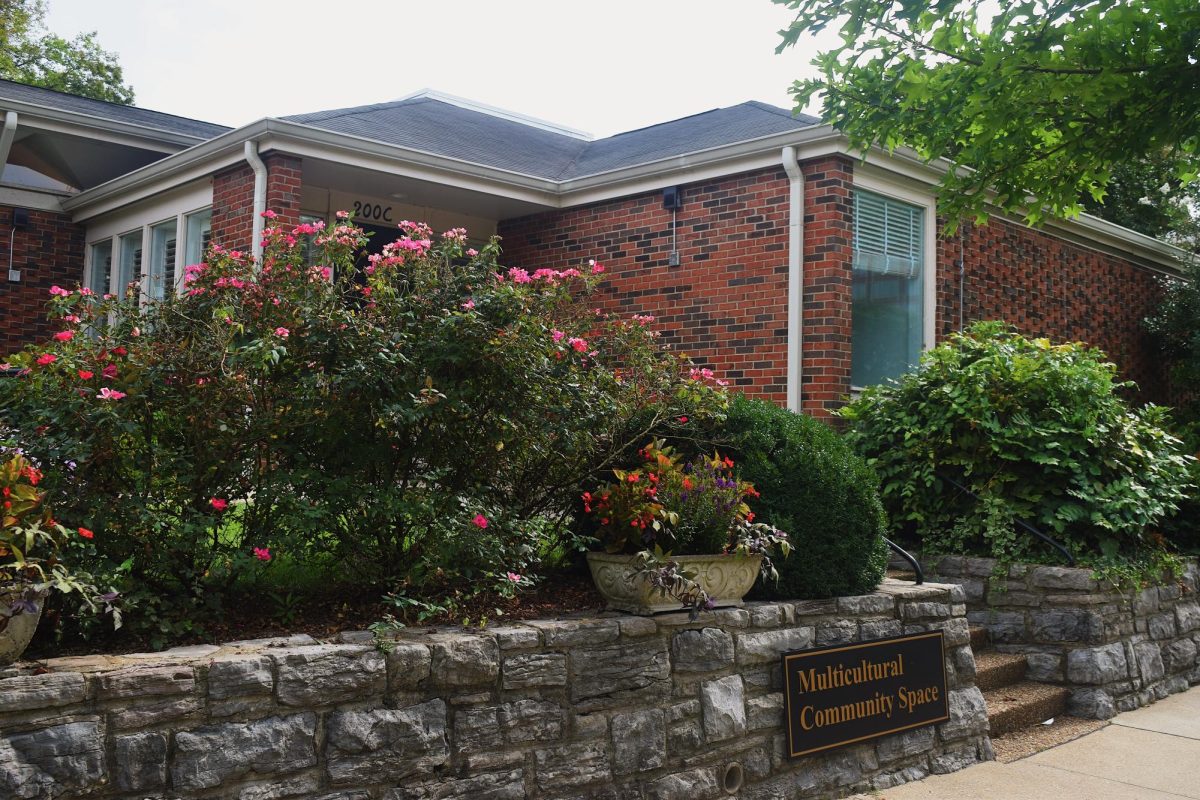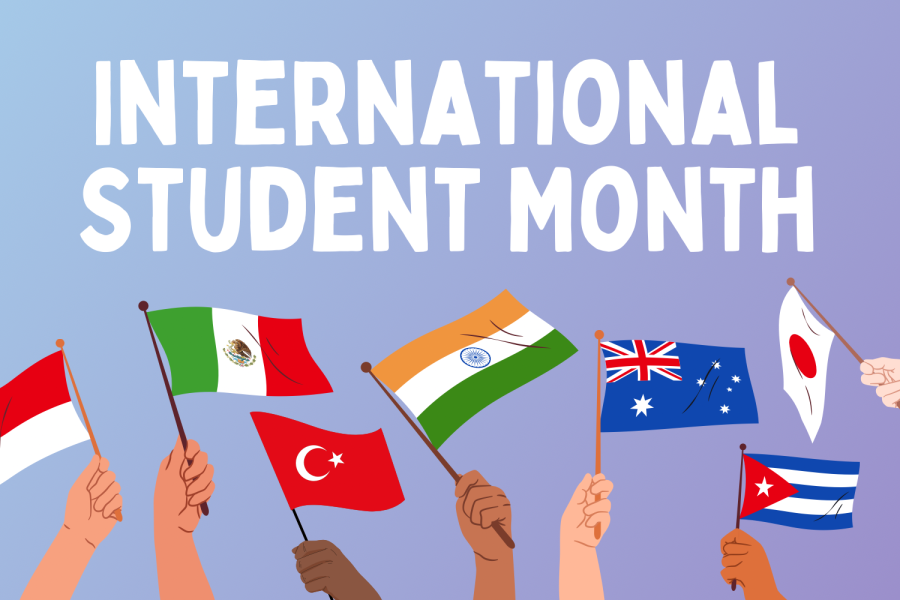Vanderbilt United Mission for Relief and Development was denied entry to the Multicultural Leadership Council on April 18. It joins Vanderbilt’s chapter of Students Supporting Israel as the only organizations to be rejected in the past few years and potentially ever.
Students gave various reasons for voting against Vanderbilt UMR, including alleged unalignment with the MLC’s mission to represent marginalized groups.
Vanderbilt UMR is a humanitarian fundraising student organization that serves the international and local Nashville community. It is a chapter of United Mission for Relief and Development, an international nonprofit organization.
Voting on Vanderbilt UMR’s entry to the MLC was open from April 13-18, and Vanderbilt UMR presented its pitch to join the MLC at an April 11 MLC meeting. Of the 45 MLC Executive Board members and member organization representatives who voted, 60% voted in favor, 22% abstained and 18% voted against. A two-thirds majority approval is required to be accepted into the MLC. Although both were rejected, Vanderbilt UMR received significantly more approval from the MLC than Vanderbilt SSI.
Adam Nassar (B.A. ’24), outgoing vice president of Vanderbilt UMR, said he was surprised by the MLC’s decision to reject his organization. He stated that the incoming executive board of Vanderbilt UMR plans to reapply for entry to the MLC after this “letdown.”
“We’re trying to make the organization more active, get more people to become educated and aware of events happening in the Middle East and get a little more participation from the community,” Nassar said.
Brina Ratangee (B.A. ’24), outgoing president of the Vanderbilt Multiethnic Student Union, explained that MESU voted to reject Vanderbilt UMR from the MLC because it does not think MESU is directly a cultural organization. Ratangee is the Editorial Director of The Hustler.
“Vanderbilt UMR, while nobly intentioned, characterized itself as a service and charity organization that closely collaborates with cultural organizations though itself is not one,” Ratangee said. “MESU felt that granting UMR admission to the MLC may blur the distinction between cultural and service/advocacy organizations on campus and mischaracterize UMR’s priorities as cultural rather than as more universally promoting human health, dignity and equality.”
For similar reasons, senior Salwa Daouk voted against Vanderbilt UMR as the outgoing president of the Association of Latin American Students and president of Ballet Folklórico Mexicano de Vanderbilt.
“[Vanderbilt UMR] isn’t directly a cultural organization; it would have been admitted due to being an advocacy organization. I think it’s more of a service organization,” Daouk said.
Nassar stated that Vanderbilt UMR has cultural origins, with UMR initially standing for United Muslim Relief and Development.

